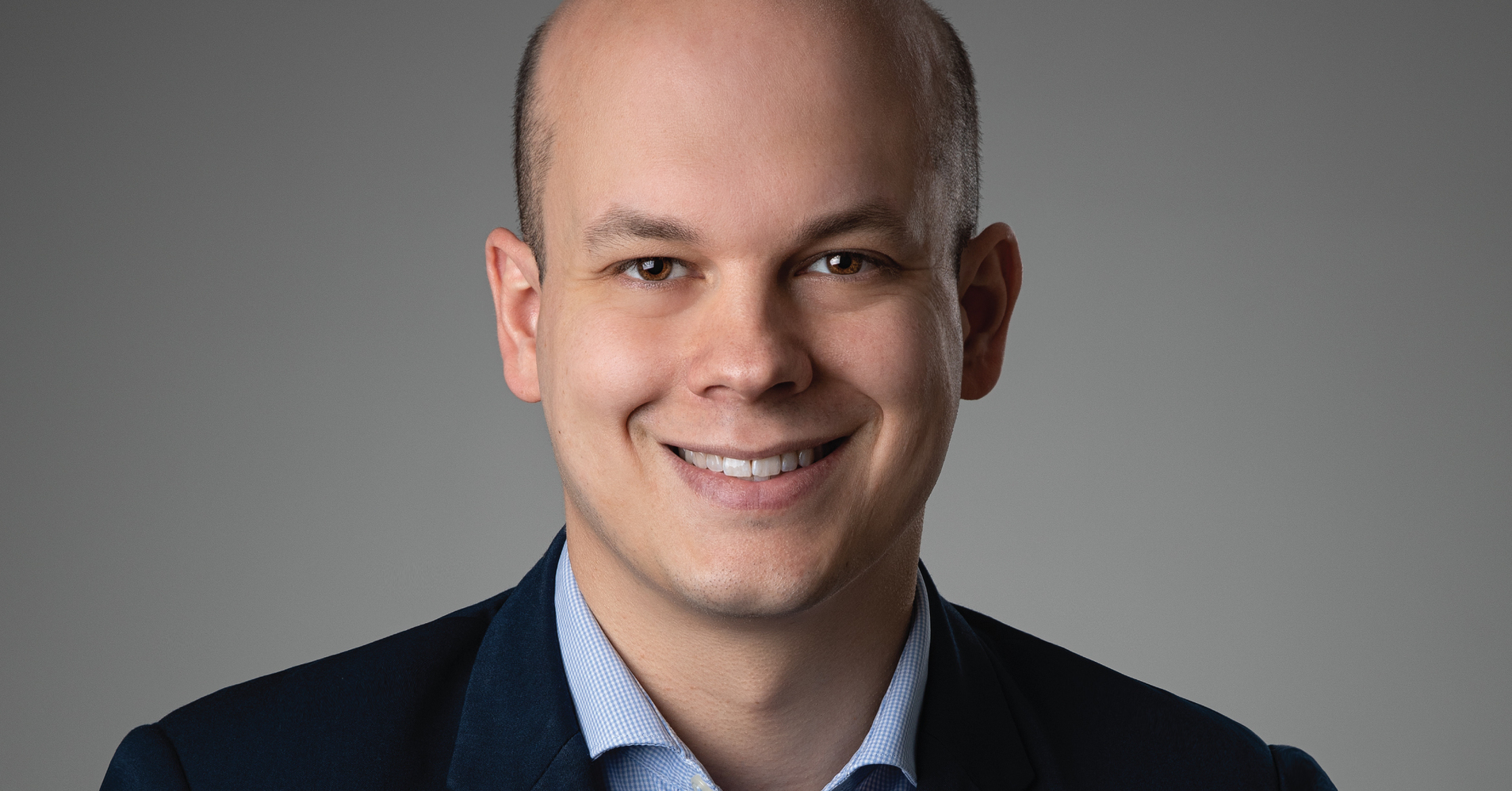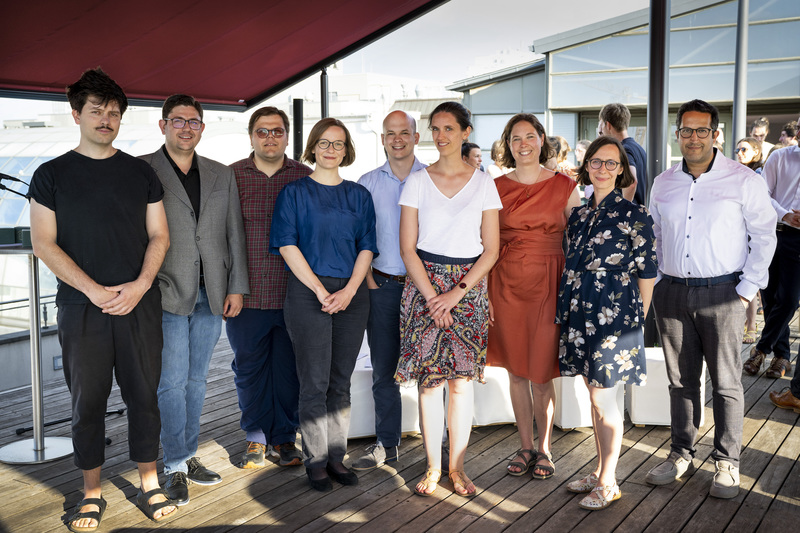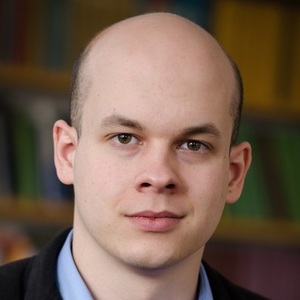
The academy gives young researchers the opportunity to shape the dialogue at the intersection of science, art and society.
Berlin, Stuttgart – Die Junge Akademie has welcomed to its ranks Philipp Rothemund, a senior postdoctoral researcher in the Robotic Materials Department at the Max Planck Institute for Intelligent Systems and, since May, a tenure-track professor at the University of Stuttgart. On June 24, during its annual meeting in Berlin, Rothemund was one of nine young scientists and one architect to join the prestigious academy.

F.l.t.r.: Benedikt Hartl, Hani Harb, Maximilian Beyer, Kathrin Wittler, Philipp Rothemund, Charlotte Bartels, Nadine Mengis, Sanja Bauer Mikulovic, Radin Dardashti (not in the picture: Philipp Pilhofer). Copyright: Die Junge Akademie/Bernd Brundert
Die Junge Akademie was founded in 2000 as the world’s first academy for outstanding young academics. Its members – who come from all academic disciplines as well as creative fields – explore the potential and limits of interdisciplinary work in new projects, aim to promote dialogue between science and society, and give new impetus to discussions on science policy. Die Junge Akademie is supported by the Berlin-Brandenburg Academy of Sciences and Humanities (BBAW) and the German National Academy of Sciences Leopoldina. The ten new members join for a period of five years, while ten members leave. In this way, Die Junge Akademie consists of a constant number of fifty members.
“Being elected into Die Junge Akademie is an incredible honor for me,” says Philipp Rothemund. “I am thrilled to join a network of talented individuals who share a passion for interdisciplinary collaboration and social impact. This opportunity provides me with a platform to engage in meaningful exchanges, collaborative projects, and initiatives at the intersection of science and society. I look forward to contributing to Die Junge Akademie's mission of advancing knowledge, fostering innovation, and promoting diversity.”
In May 2023, Philipp Rothemund was appointed as a tenure-track professor at the University of Stuttgart, where he focuses on the development of soft robots for autonomous systems. He is currently finishing his postdoc in the Robotic Materials Department at the Max Planck Institute for Intelligent Systems (MPI-IS). His research at MPI-IS focuses on developing a theoretical framework for the electromechanical behavior of electrohydraulic soft systems and improving their performance. Before joining the Robotic Materials Department, Philipp Rothemund worked as a postdoctoral fellow in the Keplinger Research Group at the University of Colorado Boulder from 2019 to 2020. In 2018, he received his Ph.D. in Engineering Sciences from Harvard University, where he also received a M.S. in Engineering Sciences in 2014. Philipp conducted his graduate research on the mechanics of soft actuators under the supervision of Prof. Zhigang Suo and Prof. George M. Whitesides. Philipp also received an M.S. and B.S. in Mechanical Engineering from ETH Zurich in 2012 and 2009, respectively.
